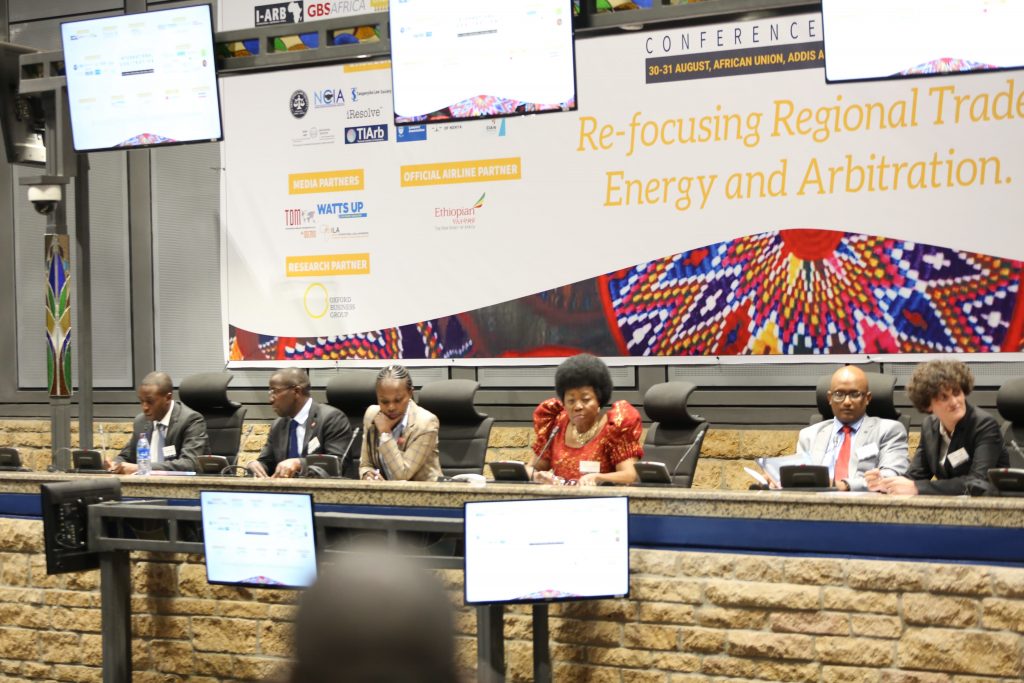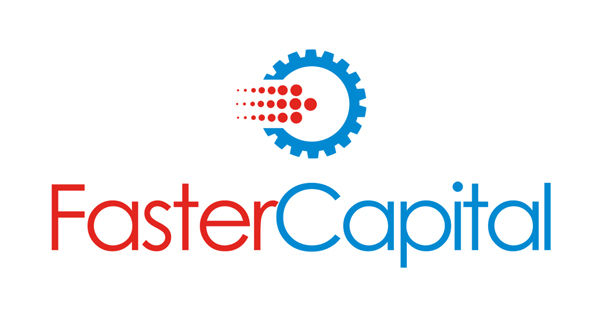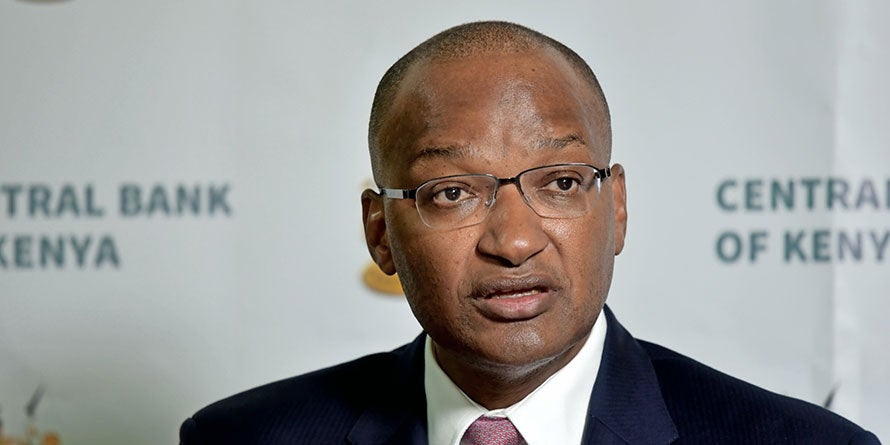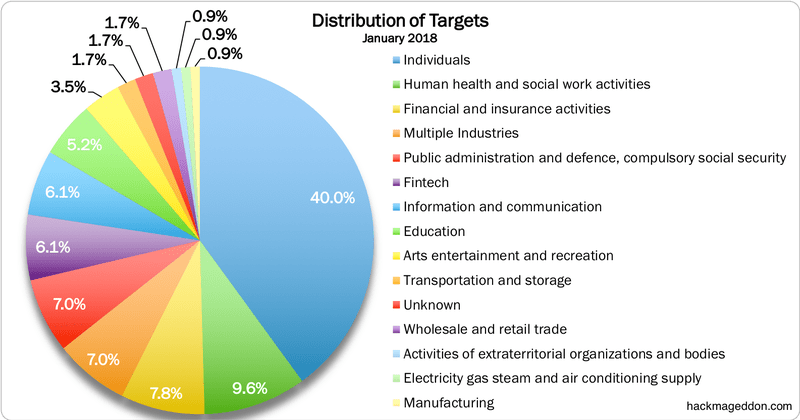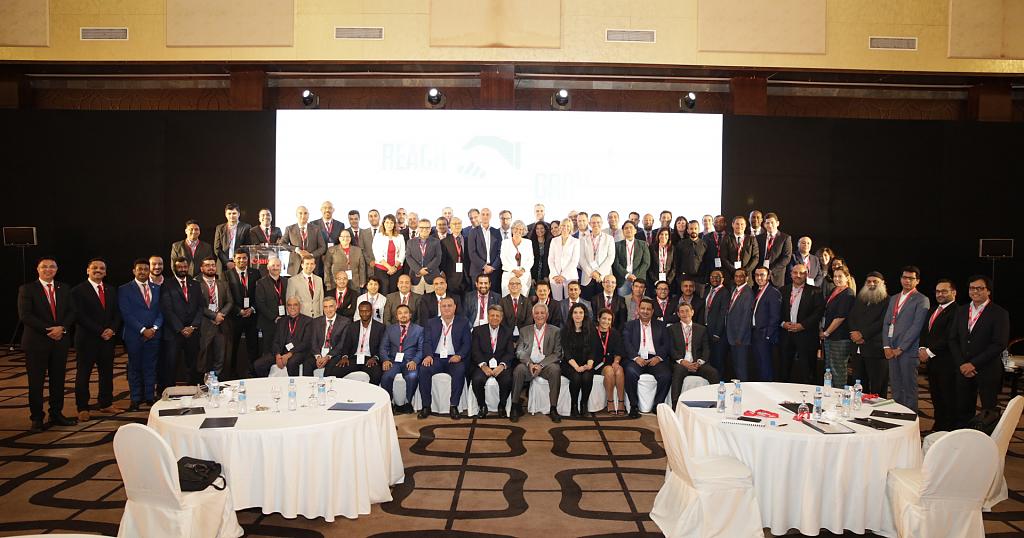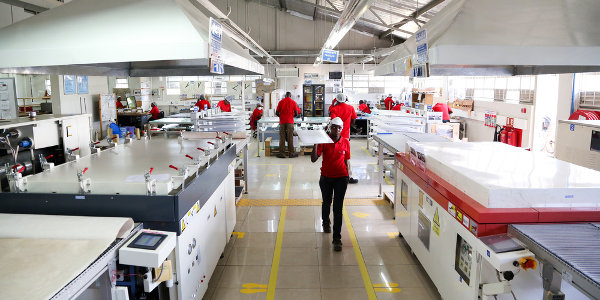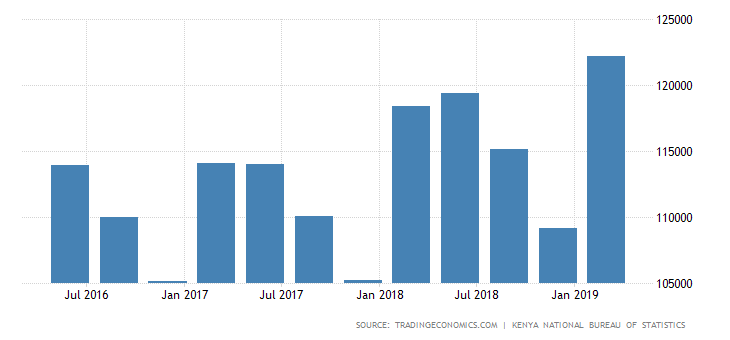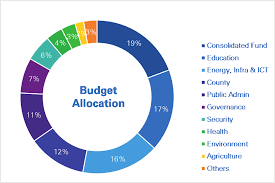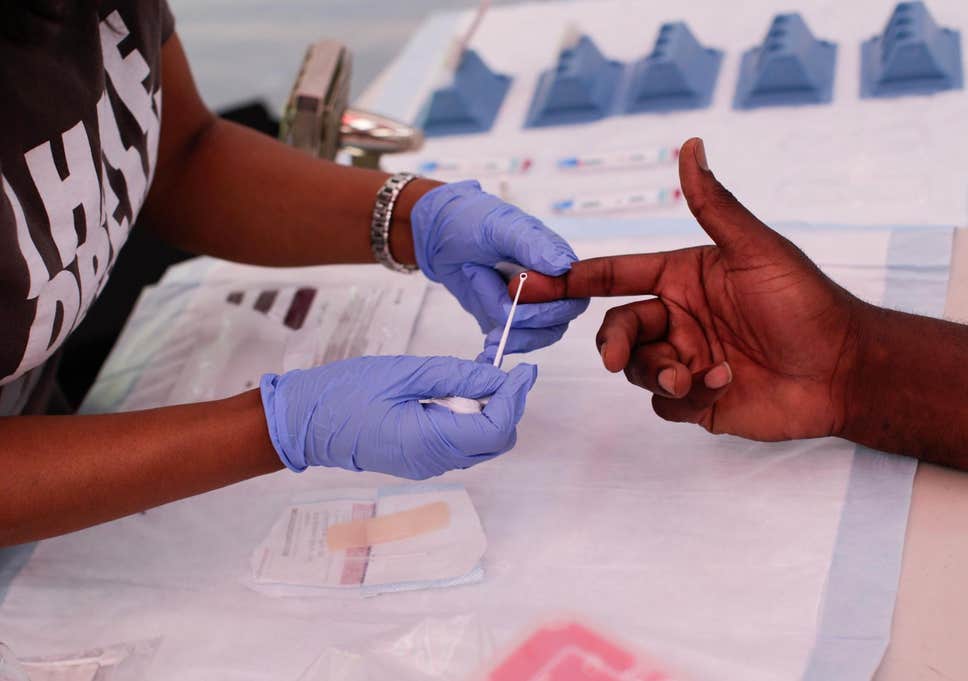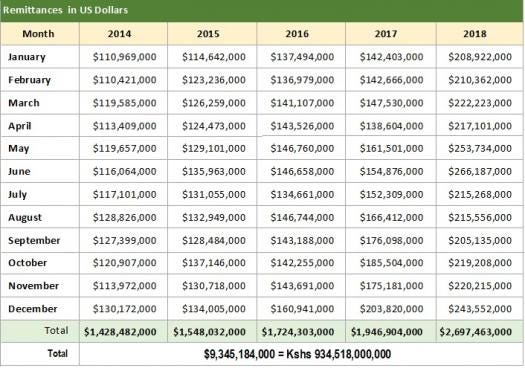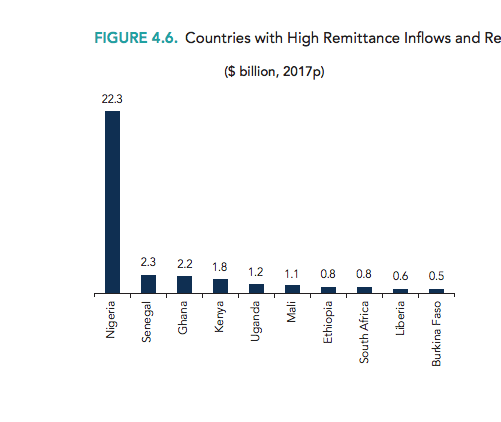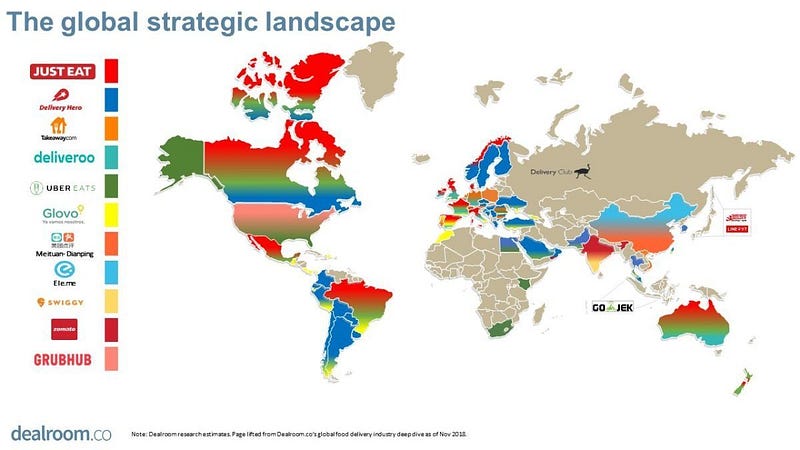East Africa International Arbitration returns to Nairobi
The annual East Africa International Arbitration Conference returns to Nairobi this summer on the 29th & 30th August 2019 at the Radisson Blu Hotel for its 7th edition. EAIAC provides an unrivaled platform for International Arbitration practitioners, arbitration users, state counsel, academia, and in-house corporate lawyers to learn, share best practice, network and deliberate on International Arbitration as an important tool for promoting FDI in Africa.
EAIACequally provides a forum to promote, profile and celebrate Africa’s International Arbitration & Arbitrators.
Themed “Government Contracting and Investment Disputes: Lessons for States and Investors” the conference will explore the full spectrum of government contracting from procurement and PPPs (public-private partnerships), tender disputes, dispute mitigation in government contracts, investment arbitration and arbitrating with governments in African centers.

Boosted by it’s long -term development blueprint, Vision 2030, and its mid-term development plan, the Big Four Agenda, Kenya is indeed a fitting venue for the conference. The country has experienced a surge in government contracting over the recent past and only last year, the Kenyan government successfully defended two high profile investment arbitrations: an ICC arbitration relating to the power sector; and an ICSID arbitration in the mining sector.
Notably, across Kenya’s borders, various African countries have also published blueprints to be mid-level economies by the first half of this century. The momentum for investment in Africa’s investment in renewable energy, infrastructure development, agriculture, healthcare, and education continues despite global uncertainty.
These interests in African economies is further encouraged by the establishment of the African Continental Free Trade Agreement (AfCFTA) which entered into force on the 30th May 2019 with 24 out of 55 Africa states have deposited their instruments of ratification. We see some Governments making attempts to become transparent and efficient in contracting.
All these developments set out a strong case for international arbitration and its development in the continent. It is for this reason that the East Africa International Arbitration platform exists, to promote the arbitration practice, support Africa centers build relationships and their profile, create a platform for shared experience, a place where arbitration practitioners and users can meet to network and acquire new skills.
The discussion topics will be delivered by leading Africa and international experts in discussion panels, Oxford-style debates and masterclasses tackling some of the pertinent issues in Africa’s arbitration space. The keynote address will be delivered by Hon. Justice David Maraga, Chief Justice, Republic of Kenya.
The speakers will attempt to respond to questions like; How can governments and investors better contract? Disputes are expensive, even for the winner –can they be mitigated? Can damages be better assessed and recovered? Do African international arbitration centers and practitioners have a place in investment arbitration and many more.
AFRICA ARBITRATION AWARDS 2019
In addition to this year’s program, the EAIAC will celebrate achievements and success in Africa Arbitration at the Inaugural Africa Arbitration Awards 2019.
Africa Arbitration Awards aim to celebrate, recognize and honor outstanding practitioners and leaders in the Africa arbitration ecosystem and will be celebrated at the Gala Dinner on Friday 30th August 2019 at the Radisson Blu, Nairobi.
Awards Categories:
- African Arbitrator of the Year
- Young African Arbitrator of the Year
- Leading Case Counsel Team
- Innovation in Arbitration
- Leading Case Service Provider
Nominations Process
- Nominations are open to all International Arbitration practitioners in Africa. Self-nomination is allowed.
- Nominations will be subjected to a panel of judges for review.
- 3 shortlisted nominees will be announced for a round of voting by the Arbitration community.
- The overall winners will be announced at the Awards Gala Dinner.
Nominations are open at www.AfricaArbitrationAwards.org We invite you to celebrate an amazing person in arbitration, including your contacts, colleagues, or team by nominating them in either of the categories above.
Kelechi Deca

Kelechi Deca has over two decades of media experience, he has traveled to over 77 countries reporting on multilateral development institutions, international business, trade, travels, culture, and diplomacy. He is also a petrol head with in-depth knowledge of automobiles and the auto industry.

